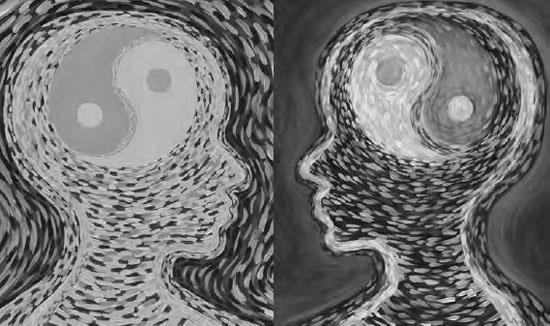While most of the DSM diagnoses can be found across cultures, people from different cultures do vary in the way that they express psychological distress. In many cultures, depression is less likely to involve conscious feelings of sadness and more likely to involve preoccupation with bodily ailments. Likewise, the content of schizophrenic delusions and hallucinations is strongly influenced by cultural themes. Delusions of being the messiah are frequently found in Jerusalem, while delusions of being tracked by the CIA are more likely to be found in the United States. In addition, some cultures have developed unique forms of expressing emotional distress. DSM-IV-TR includes a section on culture-bound syndromes, which refer to distinct syndromes that are found only in specific cultures. Importantly, they are recognized as illnesses or as disturbed behavior within their host culture. Most of these syndromes indicate that the individual is overwhelmed by strong negative emotions. Examples include: Attaque de nervios from Latin American cultures, Koro from Chinese and East Asian cultures, and ghost sickness from Native American peoples.

Some people think that schizophrenia means having multiple personalities, which is actually known as Dissociative Identity Disorder. Schizophrenia involves psychiatric symptoms like delusions, hallucinations, and disorganized behavior.

